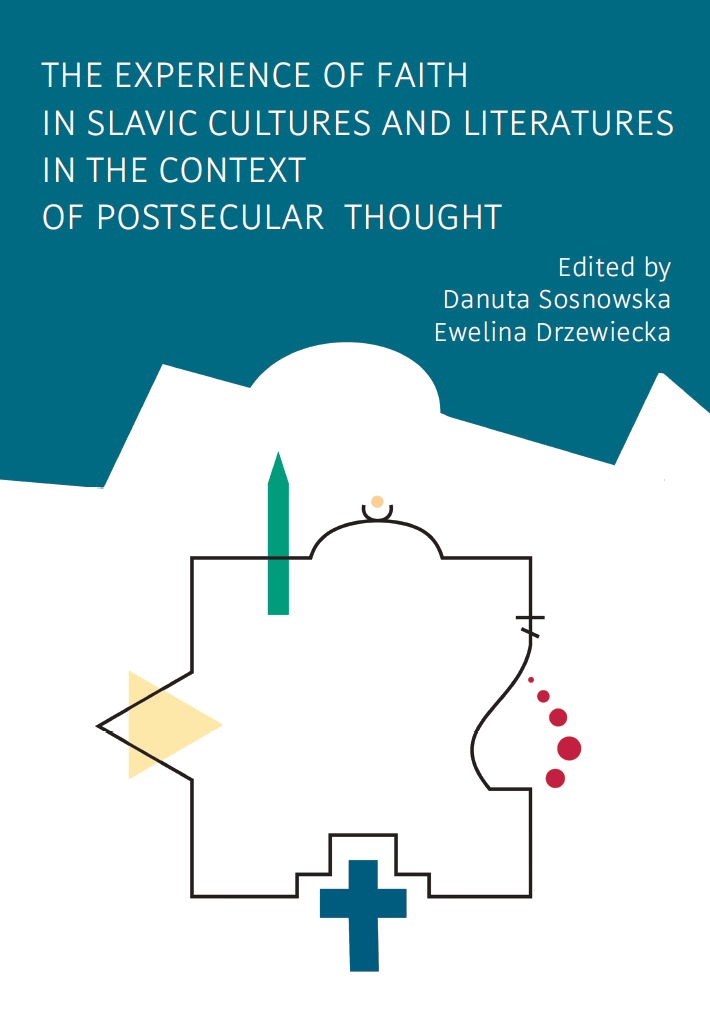Faith Beyond Doctrines – Faith in Dialogue: Reflection on the Philosophical Anthropology of Milan Machovec
Faith Beyond Doctrines – Faith in Dialogue: Reflection on the Philosophical Anthropology of Milan Machovec
Author(s): Paula Kiczek
Subject(s): Cultural history, Theology and Religion, Philology
Published by: Wydawnictwa Uniwersytetu Warszawskiego
Keywords: dialogue; atheism; postsecularism; Marxist–Christian discussion; responsibility
Summary/Abstract: Czech philosopher and dissident Milan Machovec was an initiator of the so-called “Seminars of dialogue” that took place in the early 1960s at Charles University in Prague and were followed by analogical events abroad, mostly in German speaking circles. The meetings were originally meant as a platform for Marxist and Christian dialogue, although the religious and ideological limits were in fact by a long way overstepped. The meetings were attended by Egon Bondy, Milan Opočenský, Jan Sokol, Zdeněk Neubauer, Ladislav Hejdánek, and others. Machovec also established close relations with Erich Fromm and Ernst Bloch. When the process of democratization in Czechoslovakia was brutally stopped in 1968, this so-called ‘normalization’ affected also Milan Machovec. His political opinions and his philosophical point of view – not to mention his dissident activities that were so disturbing to the communist powers – resulted in him being expelled from the university in 1970. Nevertheless, he kept giving lectures in his private apartment and, with the help of the people gathered around him, he built close relations with the Czech Underground. Milan Machovec is an emblematic example of an individual who could be seen today as a promoter of postsecular approaches to all forms of religiosity, starting from those which revealed themselves as ‘political religion’. However, Christianity itself and its worship were also an object of Machovec’s skepticism. According to him, all forms of faith were ‘touched’ with ambiguity due to the disillusion with traditional confession, but also, as far as ‘political religion’ was concerned, religion was affected by distrust resulting from the experience of the totalitarian regime and the post-war crisis of values. Machovec’s way of thinking is far from systematic philosophy, it turns rather towards the Socratic practice of questioning persisting dogmas. His main concern was seeking forms of profound understanding of the spiritual needs of contemporary human beings. The aim of this brief article is to recall the significance of Machovec’s thought in the broad context of postsecularism, as well as to show that his intellectual heritage still remains current nowadays.
Book: The Experience of Faith in Slavic Cultures and Literatures in the Context of Postsecular Thought
- Page Range: 244-255
- Page Count: 12
- Publication Year: 2018
- Language: English
- Content File-PDF

